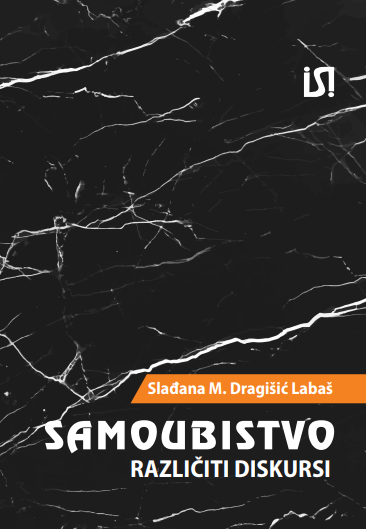
This study considers the phenomenon of suicide from the perspectives of various discourses – sociological, psychological, psychiatric and philosophical. Epidemiological data on suicide, as well as research findings on significant risk and protective factors (regarding society, environment, family and personality types) are presented. We examine the sociological theories about the possible causes of suicide and important sociological variables, such as demographic and socioeconomic factors, and the risks of suicidal behavior in minority and vulnerable groups. These include: members of ethnic minorities and immigrants, people with special needs, soldiers and war veterans, LGBT(TIQ) population, prisoners and detainees, victimized people, elderly people, children and adolescents (through association with bullying at school) and persons suffering from severe somatic – physical illness. The question of suicide is then viewed through the lenses of psychological theories, psychiatric explanations and philosophical understandings of the meaning of life and death. The study concludes with a section on suicide prevention and possible national programs and specific strategies that are applied in particular social contexts and are directed towards vulnerable populations, including a recommendation for responsible reporting in the media.

